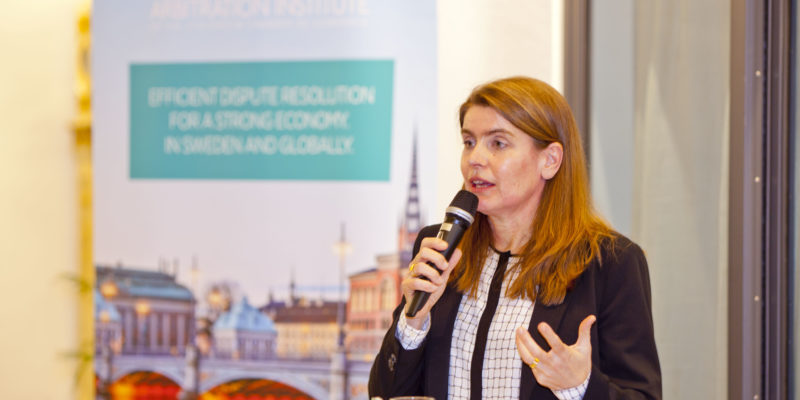The Second Draft of the Code of Conduct for Adjudicators in International Investment Disputes: Towards a Likely Agreement?
On April 19, 2021, the Secretariats of the International Centre for Settlement of Investment Disputes (ICSID) and the United Nations Commission on International Trade Law (UNCITRAL) released the second draft of the Code of Conduct for Adjudicators in International Investment Disputes, a key feature of the Investor-State Dispute Settlement (ISDS) reform process which is presently under…

